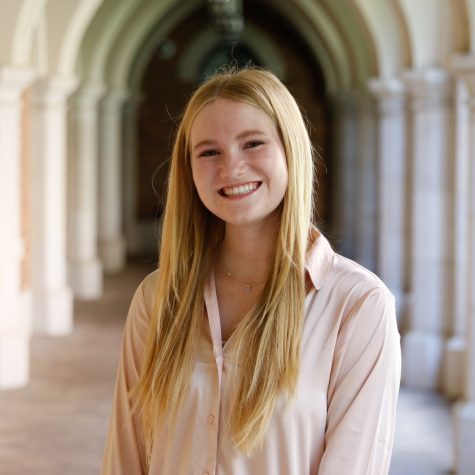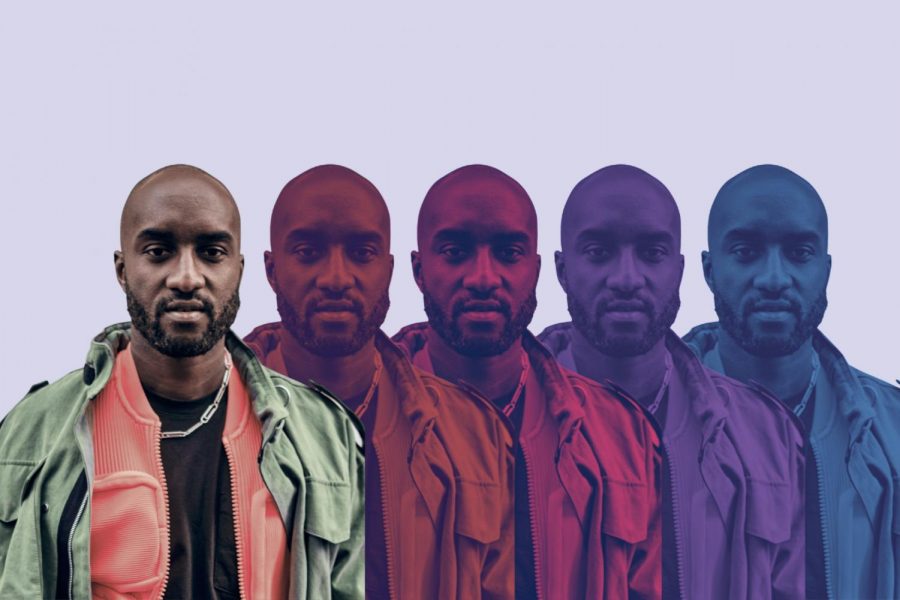A new interdisciplinary minor in digital fabrication has been introduced by the School of Engineering, offering new courses and hands-on design experience for the first time during the Fall 2022 semester. Students from any of the four undergraduate schools are able to declare the minor, according to the minor’s website. As of print, over ten undergraduate students have declared the minor.
“[The minor] is designed for both students in traditional engineering disciplines as well as those who study business, social sciences, public policy, and even musical arts,” the minor’s website reads.
Digital fabrication refers to digitally-controlled manufacturing and its practical applications. Much of the minor’s coursework centers on programming and 3D printing, technologies that are more frequently being used both in small-scale and industrial manufacturing. Assistant Professor David Florian believes that this versatility makes this field of study particularly pertinent to the current economy.
“We have a global economy, where parts are coming from all over the world, and so when something like COVID hits and you’re unable to get a part, it’s very difficult to produce that part at home or wherever it’s being manufactured and assembled together for many reasons,” Florian said.
Located in Olin Hall, the Digital Fabrication Lab will serve as the location for much of the coursework for the new minor. The lab hosts a central table around which students can work on their various projects and is equipped with an injection mold, filament printers, resin printers and “state of the art” powder coating printers, among other machinery. Per Florian, digital fabrication can address supply chain shortages by providing a quick and inexpensive alternative to traditional manufacturing.
“Traditional manufacturing techniques are very expensive tools that go into creating these parts,” Florian said. “But with 3D printing you could have this digital library of parts, and then if the supply chain falls through, just pull that part of the cloud, print it and now you have it in your hands and ready to go.”
Some students have already indicated interest in pursuing the minor. Sophomore Raquel Alvarado said that the minor gives her the opportunity to explore more of her passions.
“As someone who loves CS and mechanical engineering but doesn’t have time to do both, I want to do this minor because it gives me a chance to step away from the endless lines of code to design and build something and see it come to life,” Alvarado said.
Likewise, sophomore Kyle Vallone emphasized the minor’s wide range of applications and is excited for the skills he will gain.
“As someone who has been a 3D printing hobbyist for a long time, I’m excited that the Digital Fabrication minor gives me a chance to translate this passion into coursework and a defined set of skills,” Vallone said. “Design thinking and digital fabrication skills can be applied to nearly any field, not just engineering, so the minor presents a great opportunity for anyone to grow their skill set.”
Senior Anushka Iyer, a student advising faculty on the creation of the minor, said that the minor is intended to give students this practical exposure. Iyer was involved in lab work with Florian prior to the creation of the minor, and helped strategize on ways to best increase student exposure to digital fabrication knowledge.
“All of us realized how important it was for students to get this sort of exposure, and to bridge what they are learning in the classroom to the real world,” Iyer said.
Engineering professor and digital fabrication minor director Scott Guelcher said that it was important that the curriculum is also being offered to students outside of the School of Engineering. He explained that digital fabrication courses are already being taught throughout secondary and higher education, and that he saw the importance of making this available to all students regardless of major.
“I can’t really emphasize the accessibility [of this curricula] enough—a lot of this is being taught in high schools and community colleges. What we’re trying to do at Vanderbilt is address this sort of formal education side in university, so that it’s accessible to students outside engineering,” Guelcher said.
Florian said that digital fabrication has allowed him to feel like he is making a positive impact on his community.
“Whether you’re helping out someone in the community or working on an entrepreneurial venture, I don’t think that there is any better feeling in the world than when you print that part and it fits or fulfills some role that you’re trying to accomplish,” Florian said.
Establishing the minor
The origins for the idea of a digital fabrication minor began in 2018, when then first-year Mateusz Odziomek (‘22) began working with Florian on research. He was referred to Florian for a research opportunity while Florian was still a graduate student.
“Going into Vanderbilt, I knew I wanted to do research. During the engineering modules my freshman year, I ended up asking a question to one of the professors. The professor said ‘I actually have a grad student who can answer that,’ and that’s how I met Professor Florian,” Odziomek said.
Odziomek assisted Florian with building an automated liquid handler that controls micropipetting for use in qPCR, which Florian brought home to finish constructing when COVID-19 lockdowns halted in-person research in March 2020. Guelcher, who also contributed to the project, referred to Florian’s decision as a “catalyst” that changed the way he viewed research and education. The research made Guelcher begin to think about the convergence of programming and manufacturing as a potential course of study in digital fabrication. Florian, Odziomek and Guelcher’s work was published in Nature in August 2020.
“That was the catalyst. That’s what got it all started. That’s what first taught me,” Guelcher said. “I was familiar with the maker boom for some time. But the pipettor experience taught me that there could be a place for formal instruction for research.”
Guelcher saw an opportunity to establish a formal curriculum for digital fabrication when getting lunch with another professor as COVID-19 restrictions were easing.
“We had all the shutdowns and all the troubles. So we went, we got together for lunch one day and I was talking about some of these ideas. And he said, ‘Well, I talked to my wife and the Dean’s office. They’ve got some philanthropy money that needs to be spent, and it has to be spent pretty fast, in maybe a month or two,’” Guelcher said.
Guelcher got together a group of Florian and his students, and began to strategize on how to best utilize the funds to start teaching digital fabrication.
Creating a curriculum
To turn their ideas into a curriculum, Florian, Guelcher and Iyer began designing classes for the minor based on feedback from students in the design-focused Maker Club and the School of Engineering. Much of the feedback expressed a desire for course offerings in digital fabrication and manufacturing-focused practical programming.
For the minor, students must take two courses in prototyping (Rapid Prototyping, and then either Additive and Polymer-based Manufacturing or Digital Fabrication 4200), one class in programming (CS 1100, DS 1100, CS 1104 or CS 2201) and two electives in a variety of subject areas.
Florian emphasized that much of the impetus to create the minor came from student groups.
“We have the student groups that are pressuring us to do more, and we’re hearing it from our own graduates and [the curriculum was] just not working either. So I talked with my department chair, and he suggested that we start a minor and academic program on [digital fabrication],” Guelcher said.
The process of formally establishing the minor was quick, per Guelcher. He added that the team received funding from the dean’s office, which received philanthropy money that needed to be spent within “a month or two.”
“We went through the whole process in just one year,” Guelcher said. “We had tremendous support from the dean’s office. But I think the point really is this combination of philanthropy, money that we got from the administration, and the emphasis from the students. [The push to establish the minor] was very student-led, so there was a need for formal instruction in this area.”














